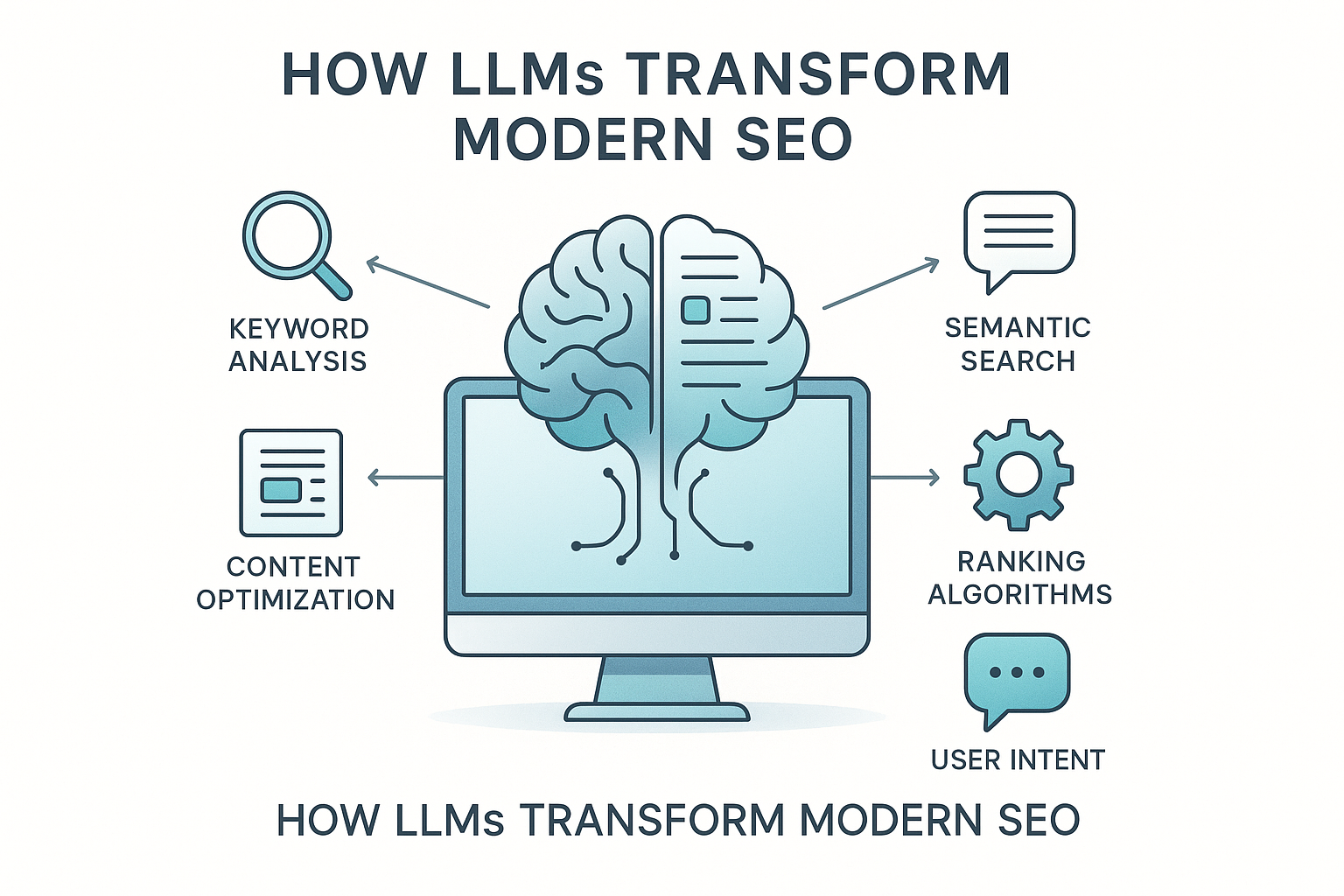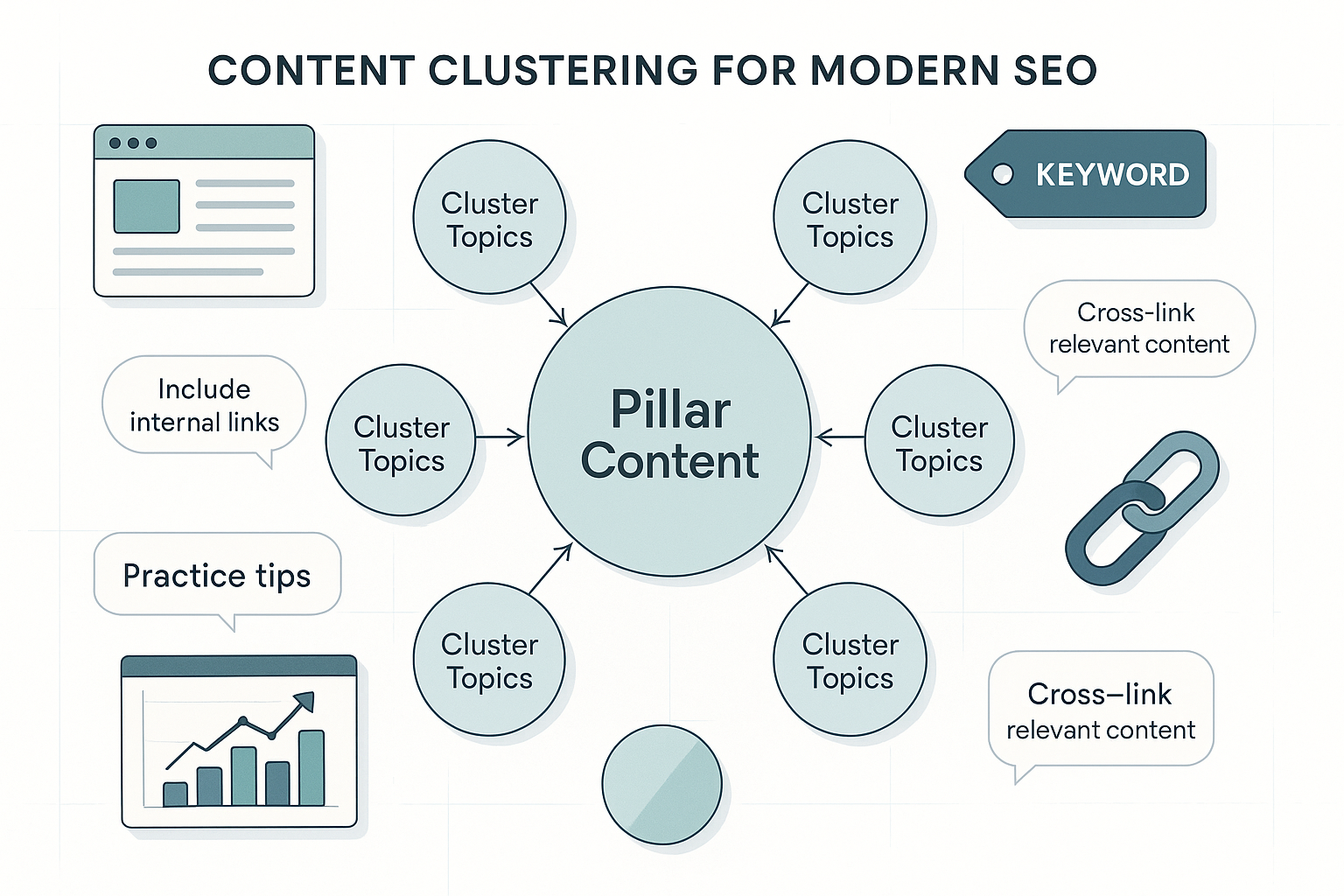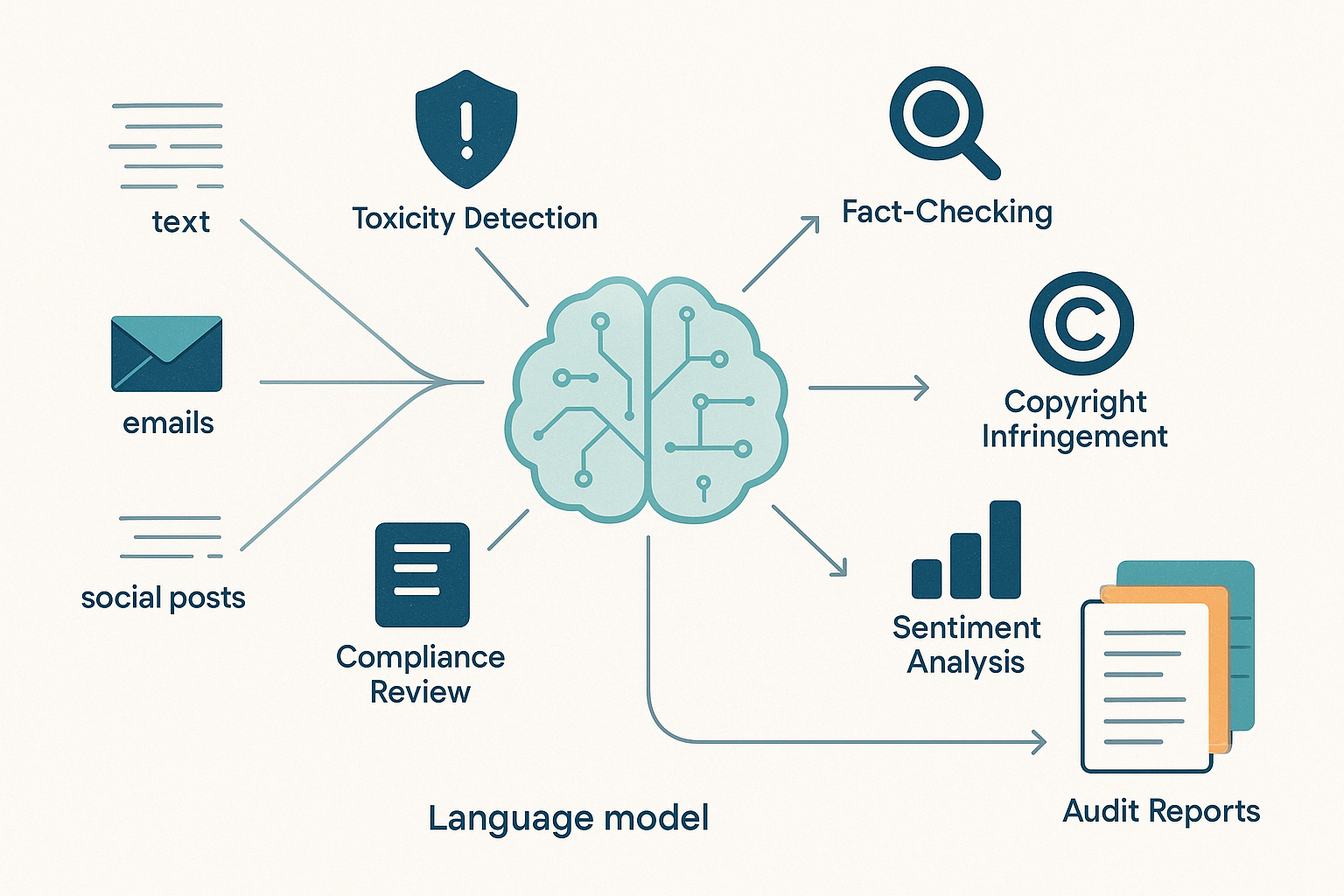Advanced on page SEO made simple.
Powered by POP Rank Engine™
Includes AI Writer
7-day refund guarantee
For years, Search Engine Optimization (SEO) has been one of the biggest concerns of businesses and digital marketers. With a plethora of websites competing for the top ranks on search engine results pages, it's become critical for companies to optimize their digital content to gain more online visibility. But the traditional methods of SEO have become outdated and ineffective in today's advanced technological age.
That's where Artificial Intelligence (AI) comes in. AI-powered tools like PageOptimizer Pro's AI Writer are revolutionizing the way we approach SEO, making it more efficient and effective. From the rise of voice search to the increasing use of artificial intelligence, many factors could significantly impact the future of SEO. In this blog post, we'll delve into the different trends and predictions for SEO in the next decade, including the role of AI. Whether you're a small business owner, marketer, or just a curious reader, this post will give you a glimpse of what the future of SEO may look like.
Which is the best LLM for SEO content?
Get the full rankings & analysis from our study of the 10 best LLM for SEO Content Writing in 2026 FREE!

- Get the complete Gsheet report from our study
- Includes ChatGPT, Gemini, DeepSeek, Claude, Perplexity, Llama & more
- Includes ratings for all on-page SEO factors
- See how the LLM you use stacks up
Predicting the Future of SEO: The Rise of Zero-Click Searches and Mobile SEO
The future of SEO is dynamic, carrying uncertainty, and improbability, but also, an overwhelming potential to redefine how businesses and people interact with search engines. A pivotal shift is the escalating phenomenon of zero-click searches. In a bid to improve user experience, search engines like Google now serve information directly on SERPs, eliminating the need to 'click' and 'open link.' Consequently, the spotlight is now on SEO strategies to stand out in the open and claim the audience's attention.
The next decade will also witness the rise of mobile SEO. Mobile devices' ubiquity means that more people discover businesses, products, or services through them. Google is already acknowledging this trend, rolling out the mobile-first indexing. Therefore, ensuring site content is optimized for mobile screens isn't an option anymore – it's a necessity.
As we tread into the future, businesses must adapt, improvise and innovate their marketing strategies. Focusing on SEO aspects such as content relevance, site performance, and media optimization is no longer enough. Assimilating cutting-edge trends like zero-click searches and mobile SEO into their SEO practices will be the key to thriving in the evolving digital landscape.
How Voice Search is Shaping the Future of Search Engine Optimization
The future of SEO is undoubtedly being shaped by a major trend - voice search. This new frontier of Search Engine Optimization (SEO) is all about tapping into the way people are now using their voices to perform searches. When people speak into their Google apps, they're asking questions, looking for answers and information.
Traditionally, audiences would type a few keywords and read through search results to discover what they're looking for. The rise of voice search changes this, as people often ask full sentences and expect direct answers. They have little interest in reading through content that doesn't directly address their queries.
Content is key for SEO and will continue to be. However, with this shift towards voice searches, brands must improve their content to be more conversational and answer the audience's questions directly. Generating such content increases the chances of Google picking up their information to answer voice search queries. This poses both new challenges and opportunities for SEO in the future.
The last decade witnessed the rise of 'Zero-click searches' and mobile SEO. With the growing popularity of voice search, the next decade guarantees a significant transformation in SEO practices.
AI and SEO - The Future?
With new technologies and trends emerging daily in the SEO landscape, the future of SEO is poised to witness a significant transformation. One crucial shift we're likely to see is the profound influence of AI on SEO strategies. As AI technologies are becoming smarter and more intuitive, they’re set to redefine the way we optimize websites, design content, and target audiences for better Google rankings. Here's why. AI algorithms can dissect a site, analyze user behavior and preferences, and suggest ways to enhance user experience, potentially driving future revenue.
AI also plays a significant role in new mobile SEO developments. By analyzing the vast amount of data generated from mobile searches, AI can provide unique insights to boost visibility on Google and other search engines. As an outcome, marketing services will likely prioritize mobile-readiness in their strategies, tailoring site design to mobile users.
Voice searches and zero-click searches are other trends shaping the future of SEO, ushering in a new era of user-focused content and website optimization. Brands that capitalize on these articles of change are, without a doubt, set to outperform in the SEO game and redefine their digital marketing strategies in the media sphere.
Which is the best LLM for SEO content?
Get the full rankings & analysis from our study of the 10 best LLM for SEO Content Writing in 2026 FREE!

- Get the complete Gsheet report from our study
- Includes ChatGPT, Gemini, DeepSeek, Claude, Perplexity, Llama & more
- Includes ratings for all on-page SEO factors
- See how the LLM you use stacks up
SEO Data Science: How SEO is Adapting to Voice Searches
As we're predicting the future of SEO, it's clear how essential SEO data science has become. We're witnessing a rapid transformation where voice searches are taking center stage. This change is largely powered by the evolution of technology, especially virtual assistants. Google, being the industry leader, is significantly influencing this shift towards voice technology. When considering SEO in the future, we need to look at how we can optimize content for voice searches. Voice search is changing the way we create a brand and implement marketing strategies.
There's no doubt that the need for marketing training will grow as new techniques and tools in search engine optimization are invented. The world of SEO is evolving, leveraging technologies like AI and voice searches, becoming more complex every day. Therefore, it becomes crucial to understand these changes to deliver a competitive marketing strategy. You cannot ignore the power of paid media, which could work in tandem with SEO to increase visibility and rank higher on search engines.
As SEO continues to transform, strong, high-quality content will remain king. It would serve as the heart of SEO techniques, attracting more consumers and improving a brand’s online presence. Google, in its guidelines, continues to emphasize the significance of premium content, guiding us all about the future of SEO.
5 Key Takes for the Future of SEO
1. Voice Search Will Become Even More Important
With the rise of smart speakers and digital assistants like Amazon Echo and Google Home, voice search has become a prominent way people are searching online. ComScore predicts that by 2020, voice searches will account for 50% of all online searches.
To stay ahead of the curve, businesses need to optimize their online content based on how people speak rather than how they type. This means incorporating long-tail keywords that match common conversational phrases and questions people are likely to ask through voice search.
2. Personalization Will Be Key to SEO Success
AI is already starting to be used to personalize content in a user's search results. Google's RankBrain and other existing machine learning algorithms will become even more crucial.
In the next decade, personalization will be a key factor in determining search engine results pages (SERPs). Google will continue to emphasize the importance of user-centric search results and reward websites that provide personalized content through their search results.
3. Video Will Play a Bigger Role
Video content continues to gain popularity, with platforms like YouTube and TikTok being widely used. In the next decade, video content's importance for SEO will only increase, and video SEO will become a more specialized field.
It's essential for businesses to optimize their video content and take advantage of YouTube's algorithm for search rankings. Transcribing video content and using closed captions will also be critical for ranking in Google's video search results.
4. AI Will Dominate SEO
Machine learning and AI are already widely used in SEO, and their importance will only continue to grow. Google's AI technology and algorithm updates will become more complex and better at interpreting search queries.
AI will help Google provide better search results by analyzing user intent and making the ranking process more efficient. This means that businesses will need to focus on creating high-quality, relevant content that satisfies user search intent to improve their rankings.
5. Mobile Optimization Will Be Priority
In 2019, mobile devices generated over half of all website traffic. As mobile devices become more prevalent and people increasingly use them for online searches, mobile optimization will become more critical. Google's shift to mobile-first indexing is just the beginning. Websites will need to be designed with a mobile-first approach, ensuring they are optimized for speed, functionality, and visual appeal on mobile devices to stay competitive in search rankings.
The coming decade promises to be an exciting time for SEO, with many changes on the horizon. As AI takes center stage in SEO, businesses must focus on creating high-quality, user-centric content that satisfies search engine queries. By staying up-to-date with the latest trends and focusing on personalization, voice search, video optimization, mobile optimization, and AI technology, businesses will be ready to take on the challenges that await in the next decade of SEO.







